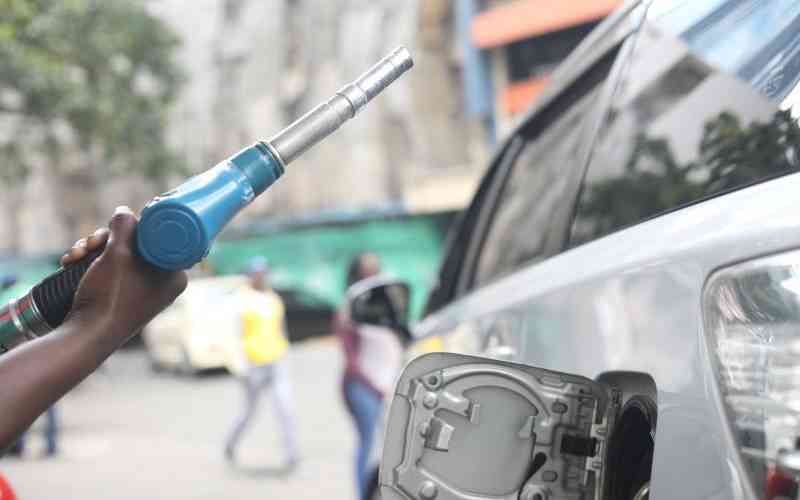×
The Standard e-Paper
Fearless, Trusted News

Fuel prices have risen to an all-time high in the latest review even as the government reintroduced subsidies that proved inadequate to save consumers from further pain at the pump.
Super petrol will now retail at Sh217.12 per litre in Nairobi, an increase of Sh5.72 a litre, and as high as Sh231.36 per litre in Mandera.